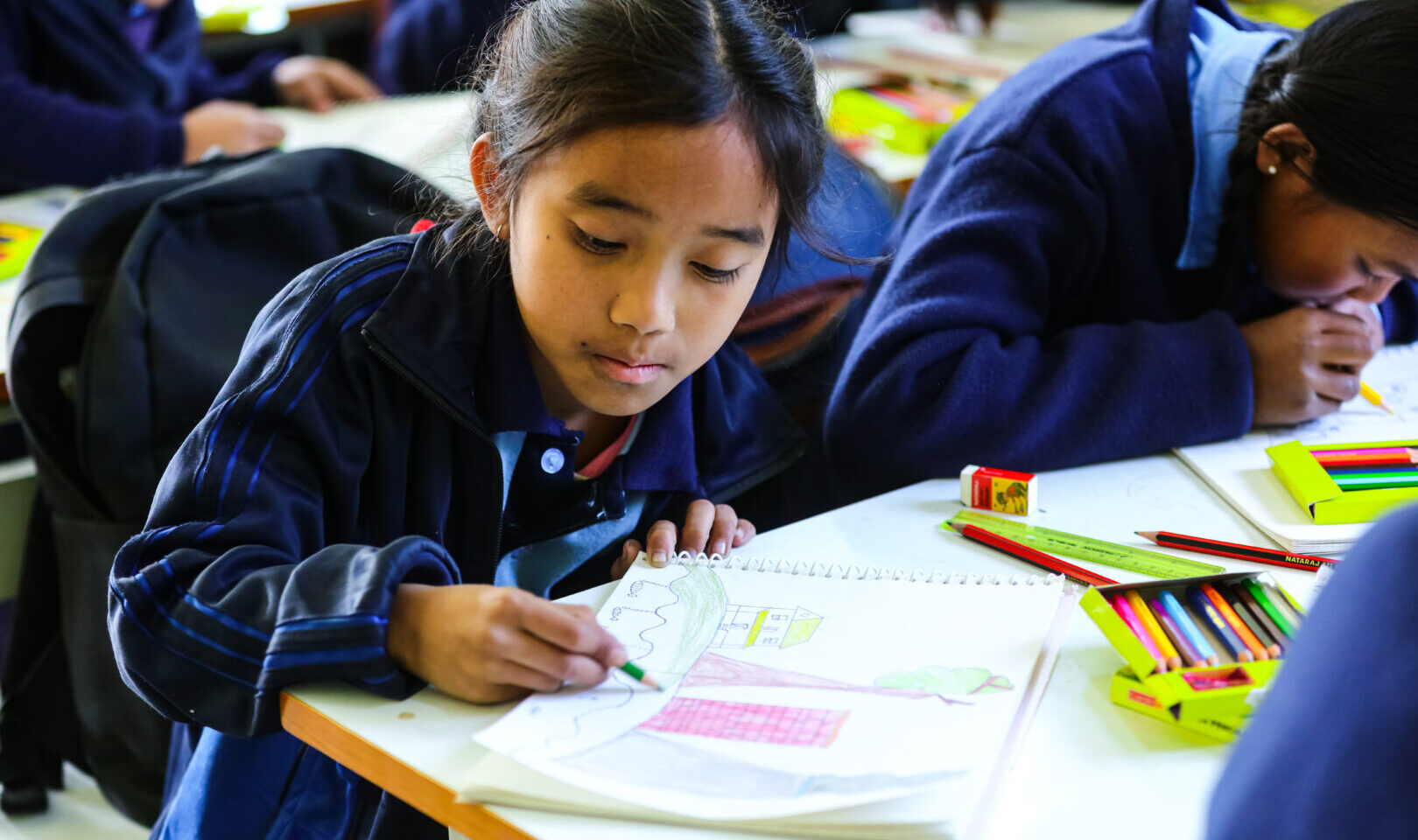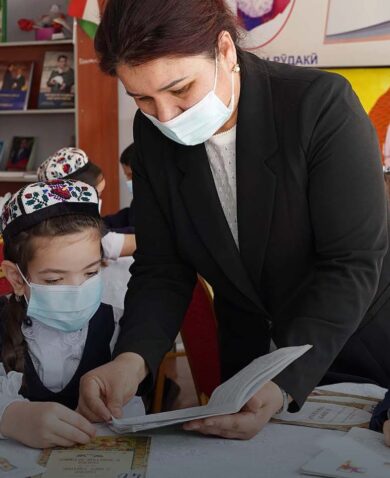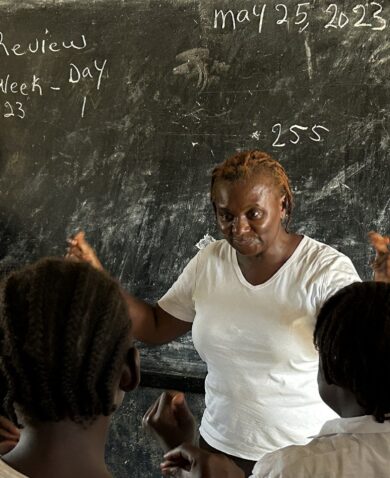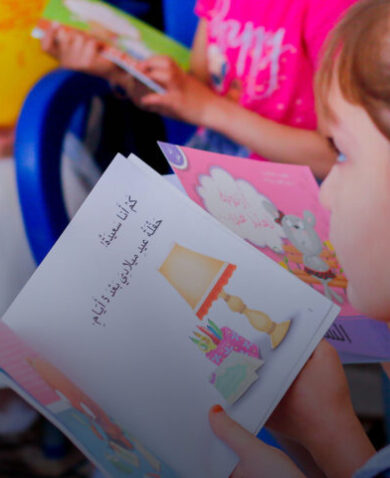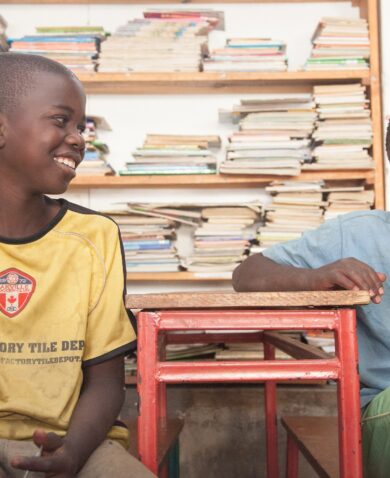Early Grade Learning
Building on the contributions of USAID’s Early Grade Reading Program (EGRP I and II) in Nepal, USAID Early Grade Learning will strengthen the skills that create a foundation for sustainable improvement in education quality — management, partnership, learning, and resource mobilization — while also strengthening accountability mechanisms and relationships within Nepal’s education system. It will assist the Ministry of Education, Science and Technology (MOEST) and local governments in meeting 2022/2023-2031/2032 School Education Sector Plan (SESP) objectives. The project will work in all seven provinces and cover 48 districts, including 38 EGRP districts where 16 EGRP districts have received full support and 22 EGRP have received limited support, in addition to 10 new districts.
The project is providing technical assistance at the local, provincial, and federal levels to ensure that relevant education plans and policies lead to improved learning outcomes. In addition, USAID Early Grade Learning is monitoring the program’s impact and engaging all stakeholders in a robust monitoring, evaluation, and learning system that tracks progress toward objectives and targets. The project is collaborating on large-scale assessments, routine monitoring, and rapid feedback studies to track indicator progress and to, in turn, adjust strategies and activities to achieve greater impact for all children. It is also working with local education unit (LEU) staff to measure cost-effectiveness of selected interventions and to use related evidence to advocate for expanded early grade learning resources.
USAID Early Grade Learning adopts the approach that if government capacity to deliver inclusive basic education service delivery at the national, provincial, and municipal levels is strengthened and necessary technical assistance and resources are made available and effectively and equitably utilized in schools, then children’s learning outcomes in the early grades will improve.

